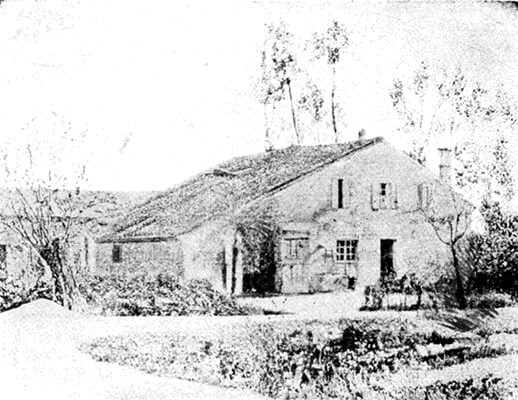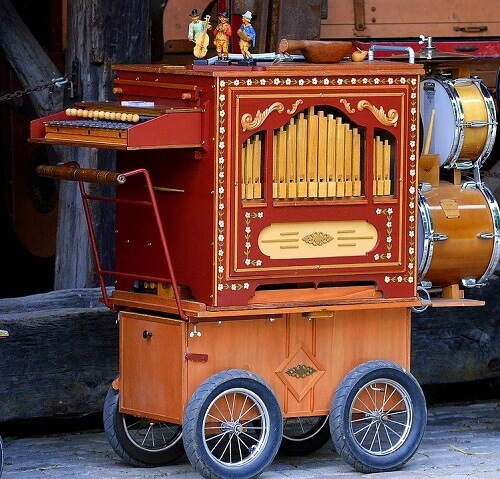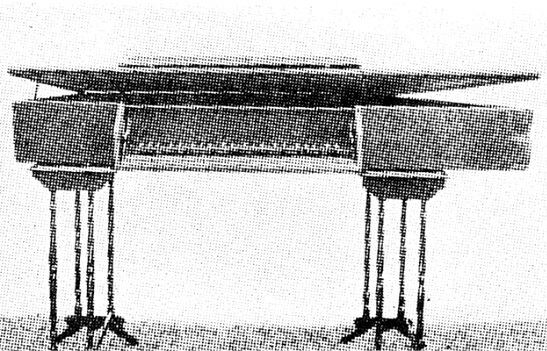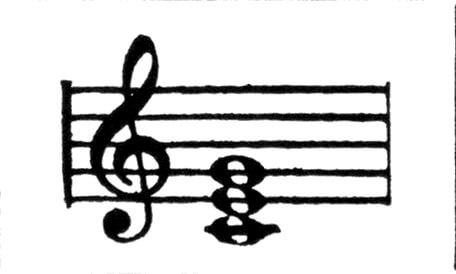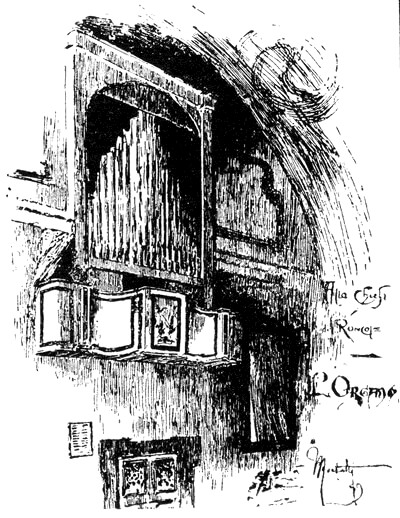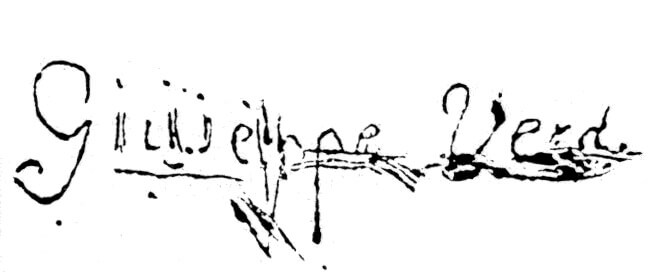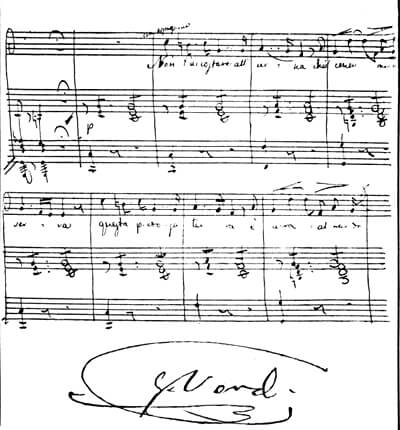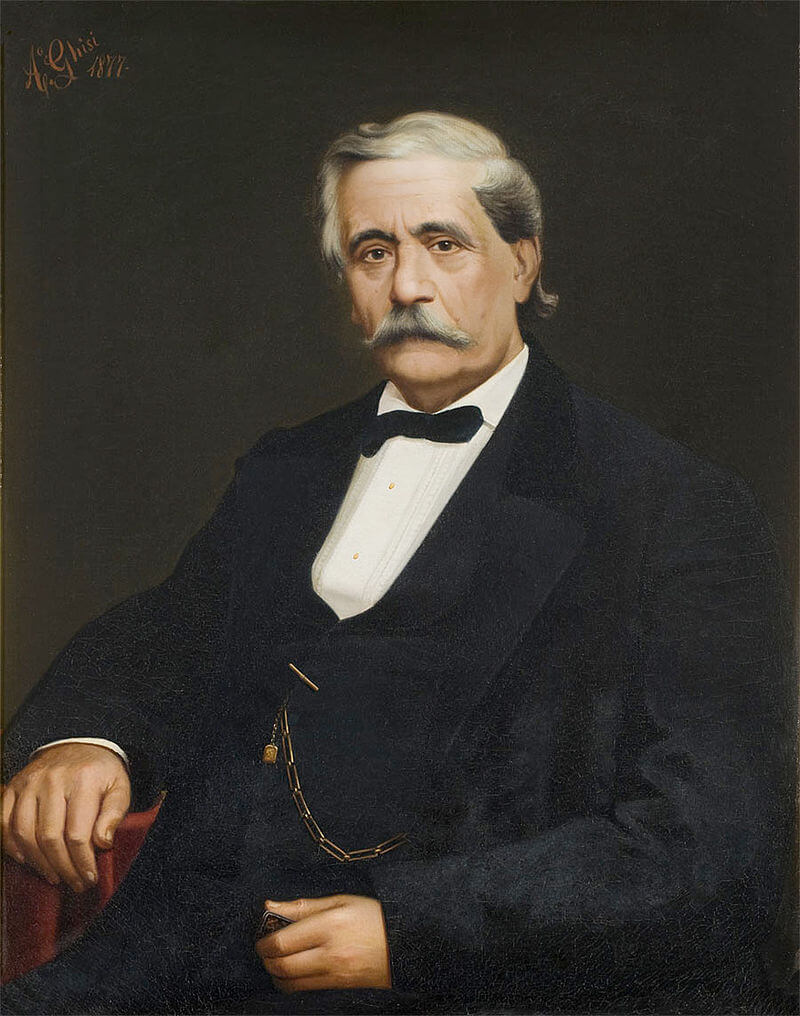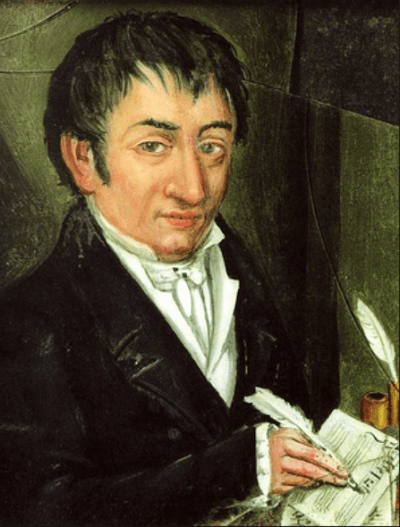Activity 1: Recite the Composition Information
- Recite the name of the composer and the composition.
Activity 2: Study the Music Timeline
Examine the music timeline to answer the following questions.
- What is the year of birth of the lesson composer?
- What is the year of death of the featured composer?
- How old was the composer upon death?
- Which composer (if any) directly precedes the studied composer by date of birth?
- Which composer (if any) directly succeeds the lesson composer by date of birth?
- Which other timeline composers were alive at the same time as the studied composer?
Activity 3: Map the Music
- Giuseppe Verdi was born in Roncole, Italy.
- Find Italy on the map of Europe.
- Find the famed Italian cities of Rome, Naples, Venice, and Milan.
- Find the Italian islands of Sicily and Sardinia.
- Which Italian island is being kicked by the 'boot' of Italy?
Activity 4: Read Aloud an Excerpt of the Song Lyrics [3]
VIOLETTA
- With you, with you I'll be able to share
- my cheerful times.
- Everything is foolish in the world
- which is not pleasure.
- Let's enjoy ourselves, for fleeting and quick
- the delight of love is:
- it's a flower that blooms and dies
- and can no longer be enjoyed.
- Let's enjoy ourselves, fervent
- flattering voice invites us.
Activity 5: Study Facts About Giuseppe Verdi
- Giuseppe Verdi was born in Roncole, Italy, October 10, 1813.
- He began to learn the spinet when he was seven years old.
- The spinet is an early form of the harpsichord or piano. It is shorter and more compact than the harpsichord or piano.
- Among the great composers who were alive when Verdi was a little boy were: Beethoven, Schubert, Berlioz and Schumann.
- He became organist at Roncole when he was ten years old (1823).
- He went to school in Busseto and lived with a cobbler.
- After a time he studied in Milan.
- But not at the famous Milan Conservatory, for he was told there that he had no special talent for music.
- Verdi wrote thirty operas.
- The first was performed in 1839, when he was twenty-six years old.
- One of his operas has its scene set in Boston, Mass.
- Another is about Egypt, and the scene is set in Memphis and Thebes, in the time of the Pharaohs.
- Verdi founded, for aged musicians, the Casa di Riposo (House of Rest).
- Besides the thirty operas Verdi wrote a string quartet, The Manzoni Requiem, and a National Hymn.
- For a period of sixteen years Verdi wrote no operas. Then he produced his two great works, Othello and Falstaff.
- He died at St. Agatha, January 27, 1901.
 12 Tremendous Composers
12 Composers
12 Tremendous Composers
12 Composers

 12 Tremendous Composers
12 Composers
12 Tremendous Composers
12 Composers

